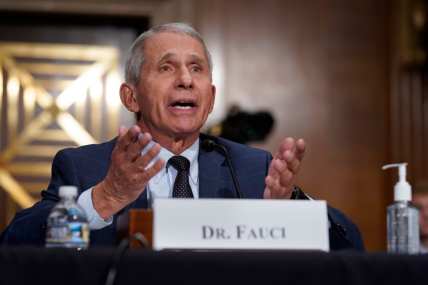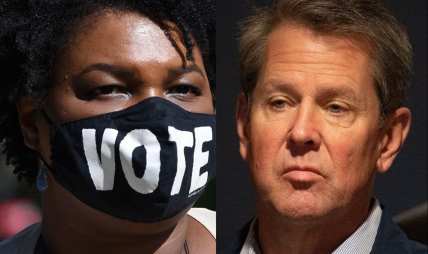Facebook neglected to control hate speech, misinformation rising on the platform in India
Many expert critics have labeled the company's response to growing bigotry and misinformation spreading rampantly across the platform a "failure"
The Associated Press recently obtained leaked Facebook documents revealing the platform has been picking and choosing when to mitigate rampant hate speech and misinformation being spread across the site in India.
According to the AP, anti-Muslim content is going particularly excused, leading a number of internal employees to call the company’s motivations and interests into question.
Documents obtained by the AP ranged from company memos dated 2019 to files from as recently as March, ultimately highlighting Facebook’s “constant struggles in quashing abusive content” in India, which is not only the biggest democracy in the world, but also the largest growth market for Facebook.
According to the AP’s Sheikh Saaliq, Krutika Pathi and Sam McNeil, social media networks such as Facebook have historically been used as political battlegrounds between communal and religious groups in India, with disputes often spurring real acts of violence.
Prime Minister Narendra Modi, who leads India’s ruling political party, the Bharatiya Janata Party or “BJP,” has reportedly leveraged Facebook as a political tool duing past elections, per the AP.
A series of 2020 reports from The Wall Street Journal explore a pattern of what may have indicated Facebook’s moderating mechanism selectively enforcing the platform’s anti-bigotry policies to protect themselves against BJP conflict.
The leaked Facebook documents also contain numerous formal reports on the hateful speech and misinformation spreading in India, an issue that was at times facilitated by the platform’s built-in “reeccomended” feature and algorithms, according to the AP.
Other files show the growing problem has been on Facebook’s radar for years now — it identified India as one of the world’s most “at risk countries” and both of its most commonly spoken languages, Hindi and Bengali, as being highly in need of “automation on violating hostile speech,” according to the AP.
Yet the company’s overall effort to address the matter has been labeled a failure by many expert critics, the AP reports. According to Saaliq and Pathi, Facebook had insufficient content-flagging measures or local language moderators implemented to curb the misinformation.
Facebook, in a statement sent to the AP, said it has “invested significantly in technology to find hate speech in various languages, including Hindi and Bengali,” a change that has “reduced amount of hate speech that people see by half” thus far in 2021.
“Hate speech against marginalized groups, including Muslims, is on the rise globally. So we are improving enforcement and are committed to updating our policies as hate speech evolves online,” a Facebook spokesperson told the AP.
Have you subscribed to the Grio podcasts, ‘Dear Culture’ or Acting Up? Download our newest episodes now!
TheGrio is now on Apple TV, Amazon Fire, and Roku. Download theGrio today!


